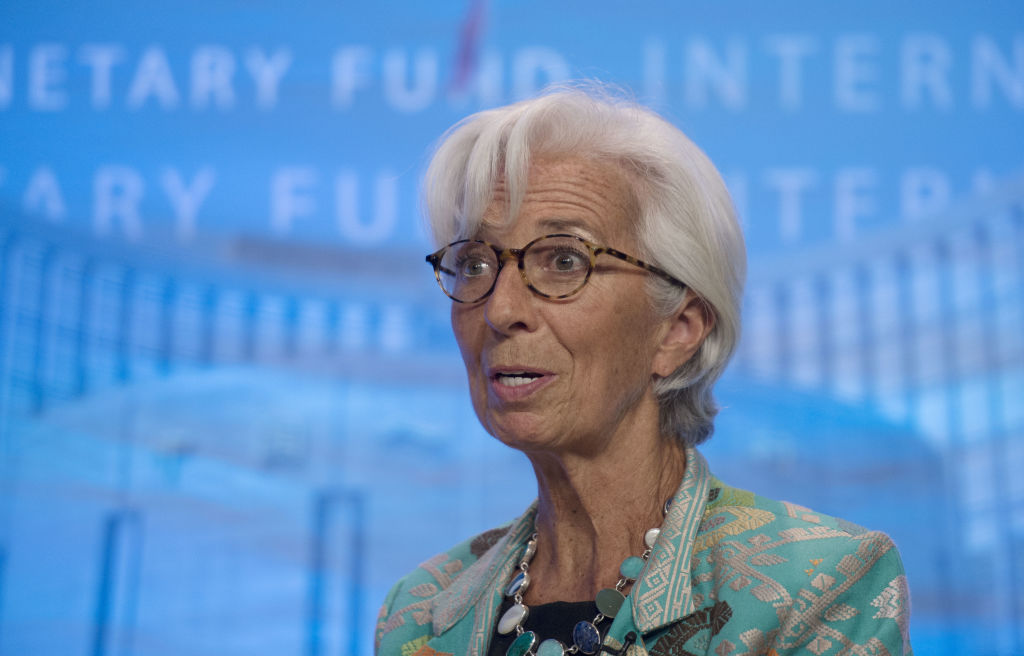Why are we so addicted to economic forecasts? We’ll know they are going to turn out to be wrong because they always do. And yet still we can’t seem to stop ourselves hanging on their every word.
This morning it is the IMF’s turn, once more, to have its forecasts for the UK economy treated with undue seriousness. The Guardian reports that the IMF ‘backs Theresa May’s warnings over no-deal Brexit’ – by saying a ‘no deal’ scenario would lead to ‘substantial costs’ for the UK. But even May’s Chequers deal will condemn Britain to economic mediocrity, according to the IMF. The FT reports that, in the case of a smooth Brexit, the IMF sees Britain struggling to exceed growth of 1.5 per cent in the years ahead.
Well, that’s it then, isn’t it. If a learned body says our economy is heading for stagnation then it must be true. Or maybe not. Frankly, I don’t know why the Guardian and the FT don’t find some sage on a mountain ledge somewhere in the Himalayas and report his predictions for the UK economy instead. We have heard it all from the IMF before. In July 2016, just after the referendum, it warned that UK growth would fall to 1.3 per cent in 2017 as a result of the Brexit vote. By the following April, realising that it had badly misread the effects of the Brexit vote, it suddenly jerked up its forecast for 2017 to two per cent. In the event, growth was 1.8 per cent.
It was a similar story in the global crisis of a decade ago. In April 2008, eight months after the beginning of the credit crunch, the IMF was predicting that the UK economy would grow by 1.6 per cent in 2008 and another 1.6 per cent in 2009. In the event, the economy shrank by 0.5 per cent in 2008 and 4.2 per cent in 2009. Having failed to see the crash, the IMF then failed to see the recovery. In July 2009 it predicted growth of 0.2 per cent in 2010. Actually, the economy went on to grow by 1.7 per cent in that year.
The evidence is pretty straightforward: the IMF has an appalling record at economic forecasting – as, indeed, does virtually every other organisation which tries its hand at it. So why do its forecasts still make the headlines? My tea leaves, by the way, predict growth of 1.9 per cent in 2019 and minus 0.6 per cent in 2020 as a shallowish global recession catches us all out. In fact, I don’t drink tea and therefore don’t even have any tea leaves to consult – I just plucked the figures from thin air. All I know is they are no less likely to be right – and therefore no less deserving of a headline in the Guardian or FT – than the IMF’s forecast .







Comments